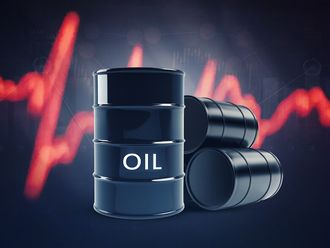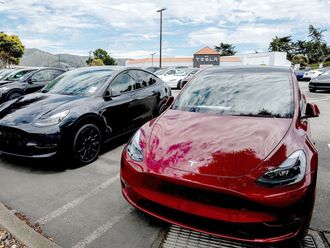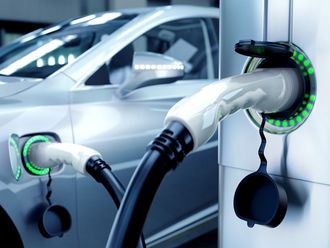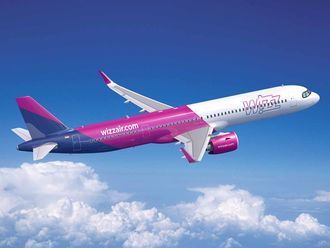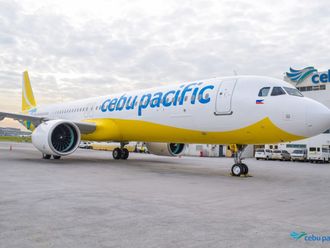Petrobras is struggling to renew vital insurance coverage, a week after the Brazilian state oil giant saw one of its oil rigs - the world's largest, worth $500 million - sink into the ocean.
Petrobras was forced to extend yesterday's deadline for insurance quotes from overseas insurers until next Tuesday, after it received no offers by the the original deadline. "Due to the big accident that occurred, international reinsurance firms felt the need to reevaluate the price," said a spokeswoman at the federal reinsurance company IRB Brasil Re, which is working as an intermediary in negotiations with overseas insurers and reinsurers.
The rig disaster last week, which killed 11 oil workers, is likely to cost insurers $500 million. That would make it the most costly rig accident since the Piper Alpha oil rig exploded off the British coast in 1988, killing 167. That event cost insurers $2.9 billion, when adjusted for inflation, making it the world's most expensive man-made disaster to date. Overseas insurers cover 99 per cent of Petrobras's refinery and oil platform risks, but their current insurance contracts are due to expire on March 31.
Reinsurance companies had made price proposals immediately prior to the accident, the IRB spokeswoman said, but had requested time to reevaluate the company's risk after the tragedy on the 40-story-high platform. In the meantime, insurers and reinsurers across the world are amassing details of damage to the rig and awaiting claims from Petrobras.
The insurance coverage was spread among various firms - the common practice with big-ticket insurance risks - to lessen the chance of a big loss to any individual insurer. The leading insurer for the sunken rig was Norwegian firm Garda Services, a specialist marine and energy underwriter, with held 12.5 per cent of the overall risk.
Garda is 40 per cent owned by If P&C Insurance Ltd - the Scandinavian property insurer formed by Sweden's Skandia and Norway's Storebrand - and 60 percent owned by affiliate Garda P&I Club. Garda representative Morten Hjemseter confirmed the coverage to Reuters, but declined further comment.
The other leading insurers are Houston-based HCC Insurance Holdings Inc and Bermuda-based insurer XL Capital Ltd, which both took on about 10 per cent of the overall risk through their London underwriting operations.
HCC faces a gross loss of about $50 million, HCC Chief Executive Stephen Way told Reuters, though he said the majority of that was reinsured with other firms. The net loss - after reinsurance - would not affect HCC's earnings, Way said. An XL spokesman confirmed that XL has exposure to the risk, but declined further comment.
The remainder of the risk is distributed among reinsurance firms and syndicates, which act like mini-insurance companies, at the Lloyd's of London insurance market, industry sources told Reuters.
Reinsurers with exposure include GE Frankona Re, the main European reinsurance unit of General Electric Co, and Berkshire Hathaway Inc, which has some exposure through a Lloyd's syndicate it bought from British insurer CGNU Plc last year. Neither firm returned calls yesterday.
The world's two largest reinsurers Munich Re and Swiss Re also underwrote some of the risk, industry sources said, along with the reinsurance operation of French insurer Axa SA.
The cost to Brazilian insurers will be comparatively small. Bradesco Seguros, the insurance unit of Brazil's No 1 private bank Bradesco, issued insurance to Petrobras, a spokesman said, but for only 0.98 per cent of the total risk, which was divided between several insurers in a risk-sharing pool.
The Brazilian pool faces total claims of only about $4.9 million, with Bradesco reimbursing 40 per cent of the sum, its rival Itau paying 30 per cent and Unibanco responsible for 12 per cent. Other local insurers bear the rest.
Meanwhile, Petrobras said yesterday there was no breakdown in communication between its ill-fated oil platform and the company before the rig blew up eight days ago. A week after the explosions that killed 11 people and sank the rig, the firm said managers at the platform knew about gas buildup problems and had recommended stopping production to replace a part up to three days before the accident.
But a 24-hour investigation ordered by Petrobras President Henri Philippe Reichstul found it was acceptable the head office had not been notified of the fault at the platform, the world's biggest. "There is no indication of foul play or deliberate concealment of information," Petrobras director of exploration and production Jose Coutinho Barbosa told a news conference.
On Thursday, Petrobras released bulletins written by managers between March 12 and March 14, the day before the accident, in which they mentioned "pressurization in the platform vent system. Likely cause is blockage of flame damper." "A shutdown in production will be necessary to substitute it since it is very near the gas burners in the flame tower," the bulletins advised.
At the news conference, Petrobras directors said the managers of the huge platform had ordered a replacement for the faulty part and were waiting delivery. In the meantime a drain had been installed to prevent buildup of pressure in the tank that eventually blew up. The directors also said the chief and several supervisors had the authority to shut down production at any time.
Coutinho Barbosa said the company did not know if the faulty item played a part in the accident. An inquiry will be completed within a month, he said. The former state monopoly appeared to have averted serious environmental damage but the news the company knew about problems on its prize deep water platform outraged many.
"Petrobras is going to have to explain why this information only became public yesterday," Fernando de Carvalho, a director of the United Oil Workers Federation (FUP), said yesterday. In response to rumors that Reichstul could lose his job as president, Brazil's Mines and Energy Minister Jose Jorge Vasconcelos said he would "remain in his post."
Some 91 oil workers have died in accidents in the last three years and Petrobras has caused a series of embarrassing environmental mishaps. The company said thousands of gallons of diesel oil that leaked into the ocean when the rig sank had been almost completely dispersed.
Petrobras struggles to renew insurance after rig loss
Petrobras is struggling to renew vital insurance coverage, a week after the Brazilian state oil giant saw one of its oil rigs - the world's largest, worth $500 million - sink into the ocean.


